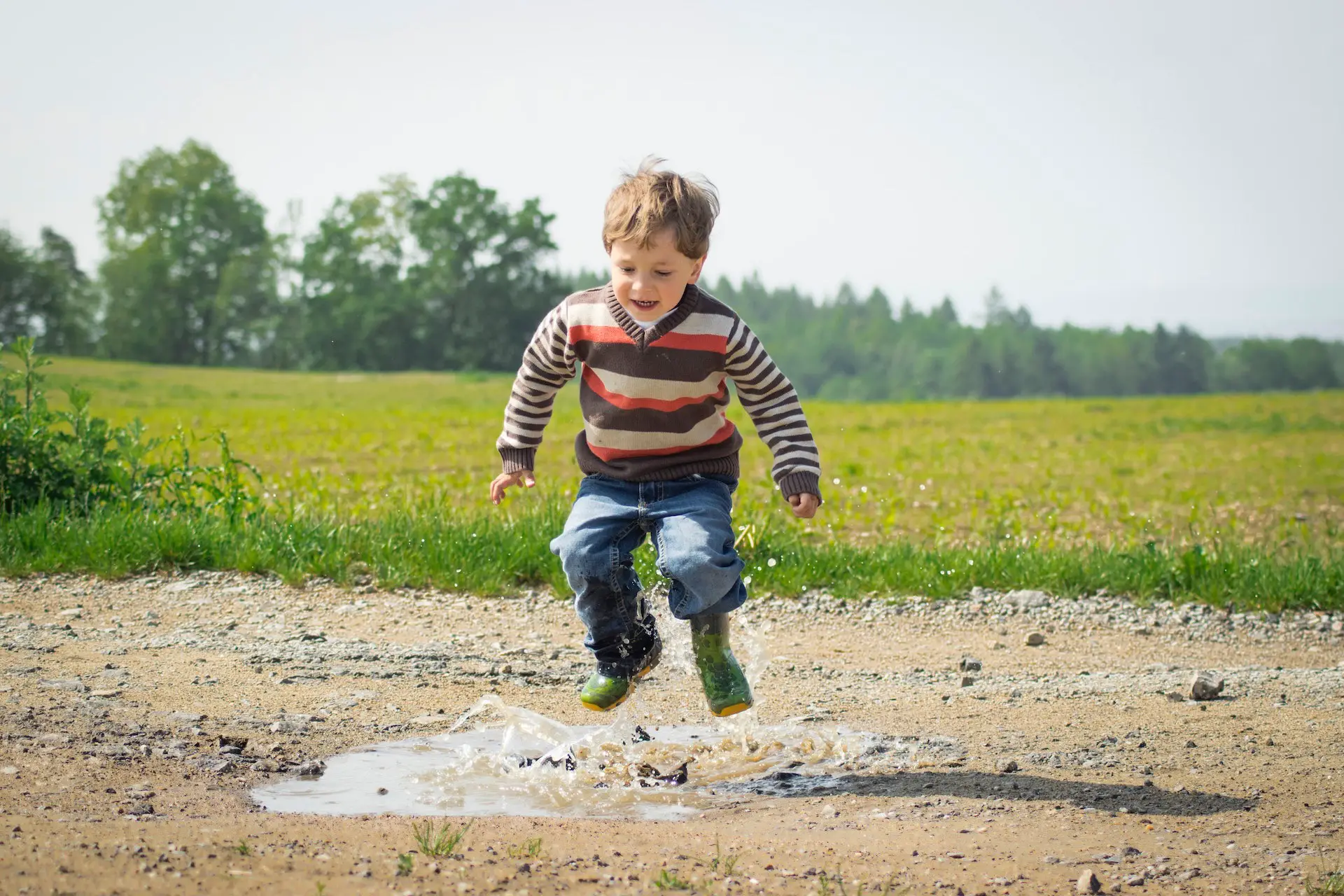Innocence, playfulness, and a dependency on adults for care and protection are some of the defining characteristics of childhood. This stage of human life is known as the “childhood.” It is a time when youngsters are allowed to explore the world around them with a sense of wonder and curiosity since they are free from the obligations and pressures of adulthood.
There is no universally accepted definition of childhood; rather, it varies according to culture, era, and has developed over the course of human history. Children were frequently treated as tiny adults in ancient times, and they were required to start working and making contributions to their families at a much younger age than they do now. In ancient days, childhood was not recognized as a distinct stage of life. However, as time has progressed, the concept of childhood has become more commonly acknowledged and appreciated, and children are now considered as unique individuals who require specialized care and attention in order to mature into adults who are healthy and happy. This shift in perception has resulted in the concept of childhood becoming more widely recognized and valued.
Although the specific age range can differ depending on cultural and societal circumstances, the current concept of childhood often refers to the period of life that occurs between infancy and puberty. However, the exact age range can vary. The acquisition of language and social skills, the growth of cognitive capacities, and the construction of a sense of identity and self-esteem are all important developmental milestones that typically occur during childhood. In general, childhood is marked by a number of critical developmental milestones.
Throughout their youth, children are subjected to a diverse array of experiences and influences, all of which have the potential to mold the ideas, values, and attitudes that they will carry into adulthood. Children’s experiences, as well as their ability to learn and develop, are significantly impacted by their relationships with their families, their peers, and the larger community at large.
The vast majority of children, with the assistance of caring adults and communities, are able to grow and develop into healthy, well-adjusted adults, despite the numerous obstacles that children may face during childhood, such as poverty, abuse, and neglect. These problems may prevent children from reaching their full potential. In point of fact, childhood is frequently viewed as a time marked by a great deal of potential and possibility. This is because children are in a position to investigate their interests and pursuits, cultivate meaningful relationships with others, and establish the groundwork for a life that is both fulfilling and successful.
In conclusion, childhood is a period of life that is characterized by a wide variety of developmental, social, and cultural aspects. This period of life is complicated and varied. Innocence, playfulness, and dependency on people for care and protection are widely considered to be defining characteristics of childhood; nevertheless, the precise definition of childhood can shift depending on the circumstances. We can assist guarantee that children have the opportunity to grow and develop into healthy, happy, and productive members of society by giving them the support and resources they require to flourish.


very good
very interesting, but nothing sensible
thanks, interesting read
_________________
https://spotbangla.site
viagra over the counter usa
cialis tadalafil 20 mg
best price cialis 20mg